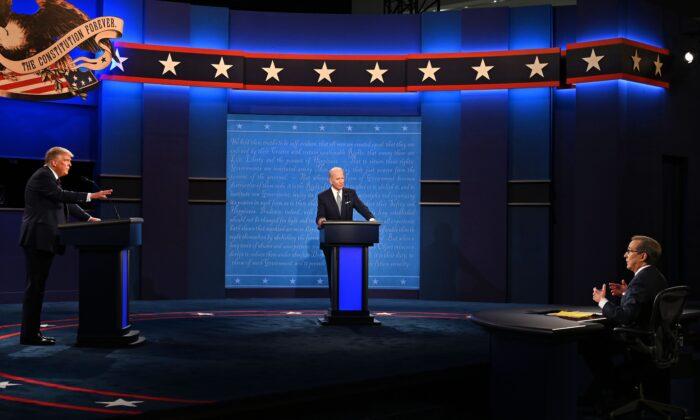{ntdtvhttp://english.ntdtv.com/ntdtv_en/ns_asia/2010-05-18/738016387871.html}Red shirt leaders said on Tuesday they were willing to hold talks with the Thai government on conditions of mediation by a group of senators, but have refused to end their protest in central Bangkok.
Earlier talk offers by the Thai government and the proposal for elections in November, a year before the term of Thailand’s prime minister Abhisit Vejjajiva ends, were refused by the red shirts.
The latest move by the red shirts is seen as an attempt to continue their protest but to divert the Thai government from clearing the site. A deadline set on Monday 3pm local time by the Thai government for the protesters to have left the area was refused by thousand of protesters.
So far at least 38 people have been killed in the recent violence. The eruption of violence came nine weeks after an estimated 10,000 red shirt protesters moved into the city’s commercial center, where they set up camp.
An estimated 3,000 protesters remain at the protest site, refusing frequent calls by the government, especially for woman and children, to leave the site. But Red-shirt leaders have all along called on people to stay put and not leave the protest site. At the stage inside the protest site, frequent calls are made to the protesters to stay put.
Over the past few days, small groups of red-shirt protesters left their protest site and provoked soldiers with fireworks and stones, resulting in a response of gunfire by the soldiers who have been given permission to use live rounds if threatened.
The red shirts, many of whom are from the rural, poor areas of Thailand, say that current prime minister Abhisit Vejjajiva belongs to the rich elite and was never elected by the people. Vejjajiva actually came to power in an election in 2008, but his detractors say that that election was unfairly influenced by the Thai military.
The sense of injustice of the rural poor was increasingly stirred up by former Prime Minister Shinawatra who, despite having been convicted of a conflict of interest involving his commercial businesses, has made himself popular by taking measures to help the country’s poor.
Earlier talk offers by the Thai government and the proposal for elections in November, a year before the term of Thailand’s prime minister Abhisit Vejjajiva ends, were refused by the red shirts.
The latest move by the red shirts is seen as an attempt to continue their protest but to divert the Thai government from clearing the site. A deadline set on Monday 3pm local time by the Thai government for the protesters to have left the area was refused by thousand of protesters.
So far at least 38 people have been killed in the recent violence. The eruption of violence came nine weeks after an estimated 10,000 red shirt protesters moved into the city’s commercial center, where they set up camp.
An estimated 3,000 protesters remain at the protest site, refusing frequent calls by the government, especially for woman and children, to leave the site. But Red-shirt leaders have all along called on people to stay put and not leave the protest site. At the stage inside the protest site, frequent calls are made to the protesters to stay put.
Over the past few days, small groups of red-shirt protesters left their protest site and provoked soldiers with fireworks and stones, resulting in a response of gunfire by the soldiers who have been given permission to use live rounds if threatened.
The red shirts, many of whom are from the rural, poor areas of Thailand, say that current prime minister Abhisit Vejjajiva belongs to the rich elite and was never elected by the people. Vejjajiva actually came to power in an election in 2008, but his detractors say that that election was unfairly influenced by the Thai military.
The sense of injustice of the rural poor was increasingly stirred up by former Prime Minister Shinawatra who, despite having been convicted of a conflict of interest involving his commercial businesses, has made himself popular by taking measures to help the country’s poor.



